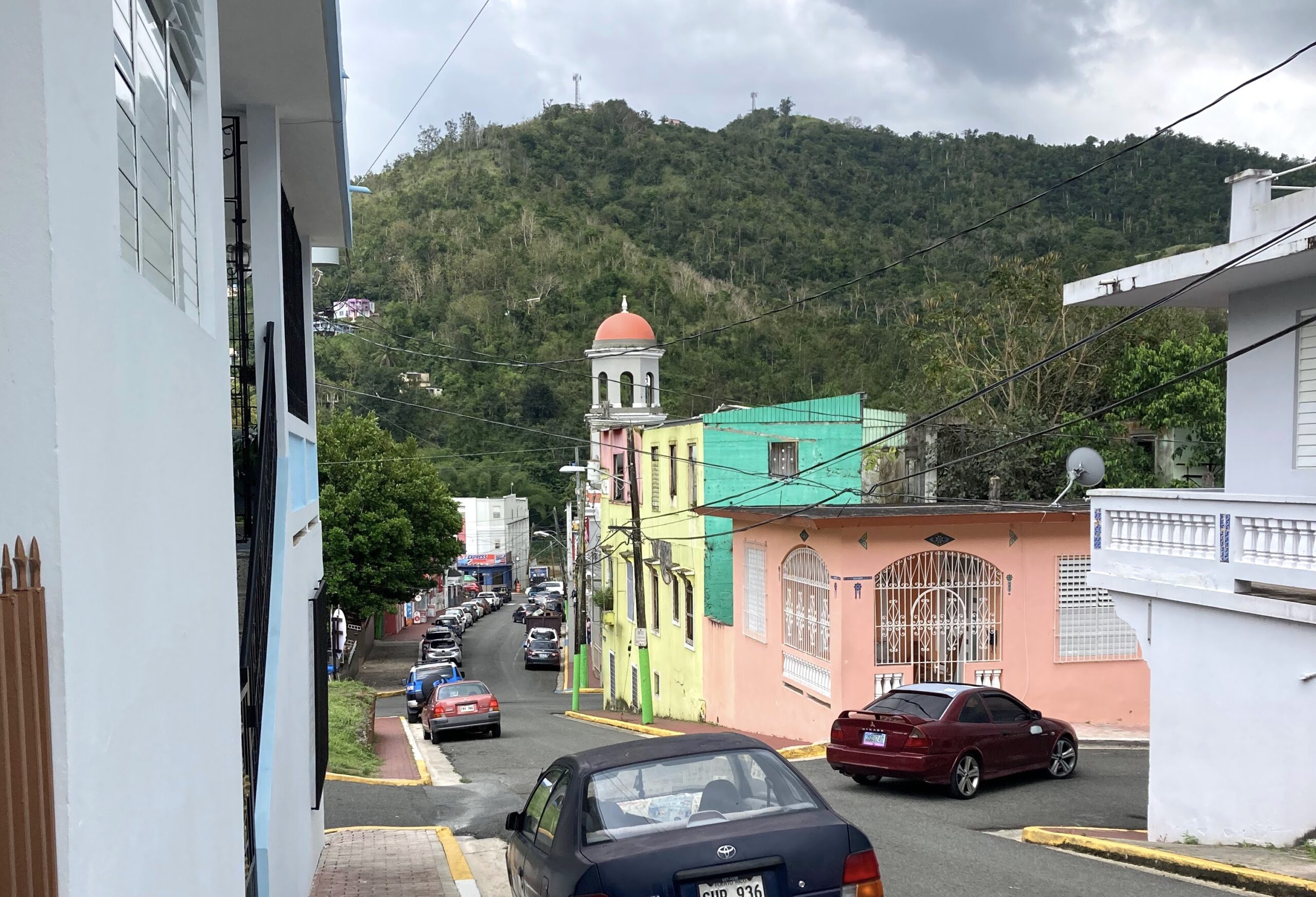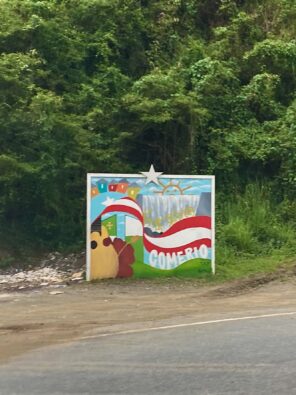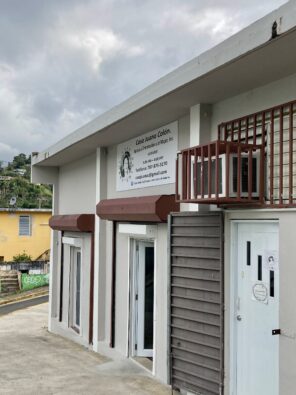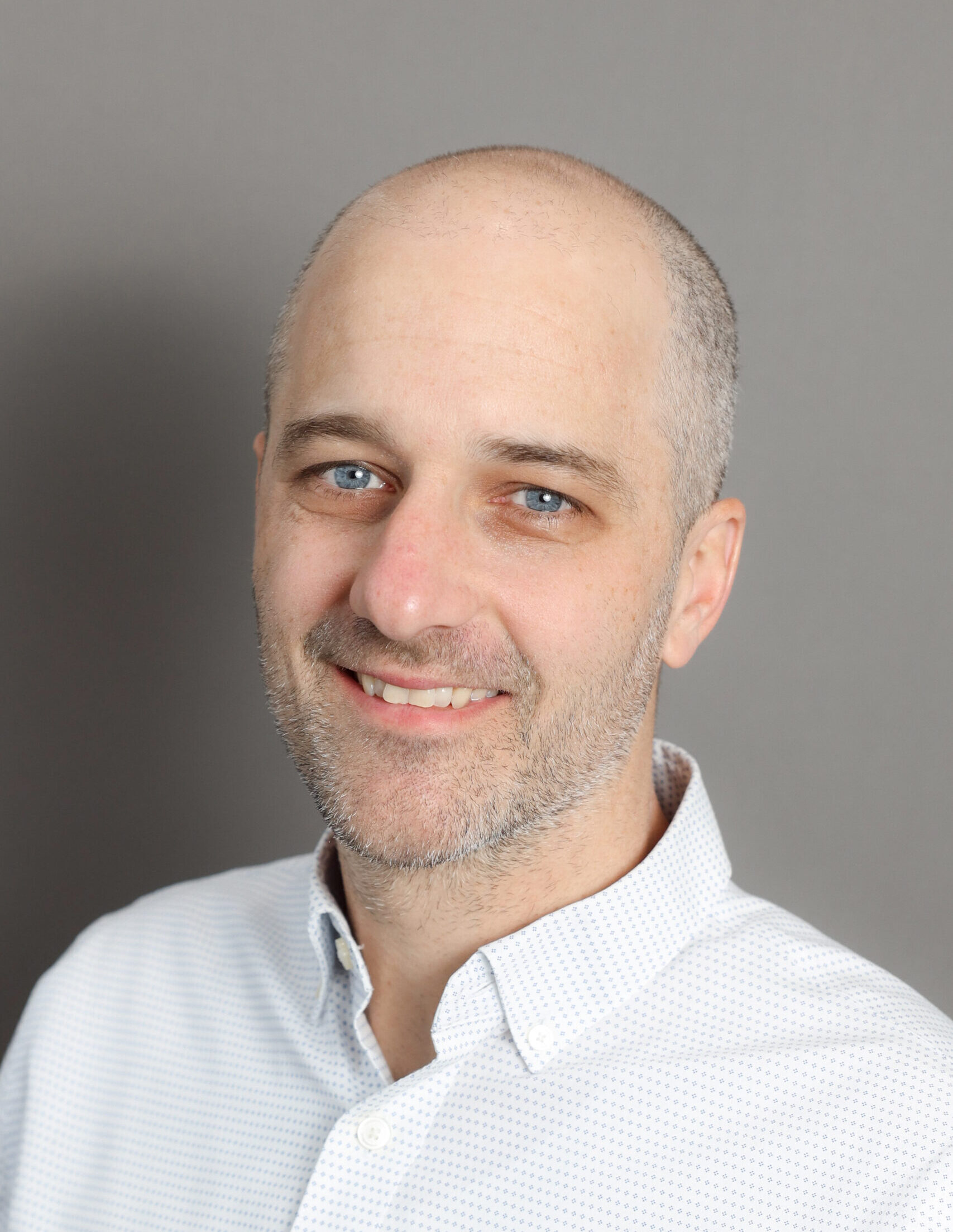Disaster preparedness in Puerto Rico: Lessons from shoe-leather philanthropy

This week is National Hurricane Preparedness Week, which aims to raise awareness about the hazards posed by hurricanes and share resources to help people stay safe. At CDP, our message for Hurricane Preparedness Week – and beyond — is simple yet critical: philanthropy must invest now to ensure communities have the resources to prepare for disasters and strengthen resilience.
The urgency of this message was on full display during my recent trip to Puerto Rico with CDP’s director of domestic funds, Sally Ray, where she taught me about “shoe-leather philanthropy,” or the practice of spending time in a community and learning from the people most affected by a disaster.
Remember that disasters are not natural
I am eager to share about who we met in Puerto Rico and what we learned, but first, I want to stress that investing in preparedness only makes sense if there is an understanding of how disasters happen. There is no such thing as a “natural disaster.”
Disasters occur when a natural hazard, such as a hurricane, interacts with the physical, economic, environmental or social characteristics that make people and communities vulnerable. Share on X
In Puerto Rico, such characteristics include poverty, gender-based violence and unsafe building practices, but the island’s disaster risk is ultimately rooted in colonialism. Following Hurricane Fiona in 2022, U.S.-Puerto Rico relations were once again in the spotlight, including criticism of the government’s response.
If disasters are not “natural” events that we have no control over but rather result from choices we make as individuals and as a society, it means we can take steps to be better prepared. We learned in Puerto Rico that effective preparedness comes from investing in and, most importantly, trusting local organizations rooted in community and addressing pre-existing vulnerabilities.

Shoe-leather philanthropy
We met with Taller Salud, a community-based feminist organization established in 1979 that focuses on women’s health, leadership, peace and development. Tania Rosario Méndez, Taller Salud’s executive director, described Hurricane Maria in 2017 as a shock due to its intensity and explained how it helped spur the organization to increase its preparedness.
Examples include creating a Community Protection Guide for Emergency Situations, storing food before potential disaster events and adding solar power to Taller Salud’s primary office building to ensure operations continue when power is out.
We toured a facility that Taller Salud uses as a kitchen, serving meals to the community. Tania explained that meals are important because of persistent food insecurity, but they also play an important cultural role because food is one way to show love and build trust with community members.
An existing CDP grantee partner, Fundación de Mujeres en Puerto Rico (FMPR), is the first and only women’s fund in Puerto Rico whose mission is supporting organizations that serve, organize and advocate for women, girls and the non-binary community. Through our Atlantic Hurricane Season Recovery Fund, CDP recently provided FMPR a grant to support underfunded, women-led organizations with the expertise to assist with disaster recovery and preparedness. We drove one hour outside San Juan with Verónica Colón Rosario, FMPR’s executive director, to the beautiful mountain town of Comerío.

In Comerío, we met with staff from a women-led organization called Casa Juana Colón (CJC), which received support through CDP’s grant to FMPR. Founded in 2004, CJC works to strengthen health, education, security and well-being from a gender perspective.
A high percentage of women in the area live in poverty, and gender-based violence is persistent, which disasters only exacerbate. The natural hazard that most affects Comerío is flooding. The longest river in Puerto Rico passes directly through the town and often floods, causing damage and disrupting people’s lives.
Much like Taller Salud, CJC applied learnings from past disasters to become better prepared and strengthen their resilience. The CJC staff said the lack of trust in the government means that as a trusted local organization, they are seen as a center for aid.
For example, their building, which is intentionally located outside the flood zone and equipped with solar power and a water collection system, serves as a safe place after disasters. CJC allows their clients to charge their phones, store medicine that require cold storage and collect water.
FMPR provided CJC with funds to launch an emergency fund so resources are available to serve people immediately after a disaster hits. When asked what their message to funders is, CJC staff said to support the community by working toward transformation, not dependency, and to trust them as a grassroots organization that knows its community.
Key takeaways and a call to action
What became clear during our time in Puerto Rico is that communities are not waiting for government or outside assistance but instead are actively working to embed preparedness efforts in their operations and programs. Another key takeaway is the critical role that women-led and feminist organizations play in providing services that address underlying vulnerabilities and helping communities prepare for disasters.
With its financial resources, position of power and ability to be flexible, philanthropy is well-positioned to have a tremendous impact in Puerto Rico. Waiting to act until the next hurricane or disaster event is irresponsible and ineffective. National Hurricane Preparedness Week is here, and while awareness is essential, so is action. Again, disasters are not natural, and that means we can do something about them.
Join CDP in providing flexible funding to local organizations in Puerto Rico and trusting them to deliver culturally-appropriate programming that is responsive to priority needs and addresses the drivers of disaster risk. As we learned, and as you can see from the examples shared here, local organizations know how to help communities prepare for disasters and just need your investment and partnership.
